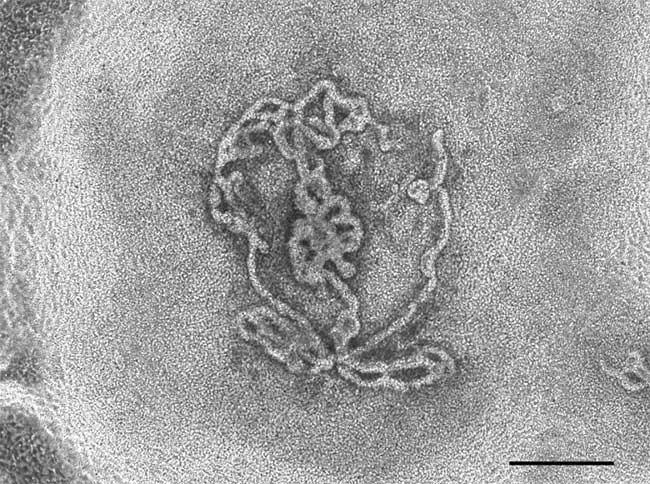Researchers at Bar-Ilan University have successfully developed artificial testicles in the laboratory, which could potentially reduce male infertility.
The research findings were published in the International Journal of Biological Sciences. The testicles were created using cells extracted from mouse testicles, resembling the structure and function of natural testicles.
According to Dr. Nitzan Gonen, the lead researcher, scientists can use these artificial testicles to further investigate the causes of infertility. Additionally, there is a potential to develop human-like testicles from human stem cells, which could aid in treating infertility and gender development disorders.
Dr. Gonen stated that currently, hospitals can identify some issues causing male infertility, such as low sperm count or abnormal structures. However, the scientific community does not fully understand the underlying causes of these conditions, including which gene mutations lead to them and what happens during the previous reproductive processes. Through this new research, experts can gain deeper insights into testicular functions using the model system produced by scientists.

The tubular structure in the testicles formed within 14 days on a petri dish. (Photo: SWNS)
The testicles produce approximately 1,500 sperm per second, around 90,000 sperm per minute, 5.4 million per hour, and 130 million sperm each day. The testicles continuously generate sperm through a process called spermatogenesis.
Additionally, the testicles are involved in the production of testosterone, a crucial hormone in the development and maturation of males, aiding in muscle growth, deepening their voices, and body hair growth. Each individual will have a different sperm count. An average ejaculation contains between 40 to 130 million sperm.
Currently, the research team is continuing to investigate whether the organs of these artificial testicles can actually produce sperm cells and whether they can generate sex hormones such as testosterone. This premise is based on the successful functioning of mouse testicles cultivated in the laboratory for nine weeks. Theoretically, this timeframe is sufficient for sperm production and hormone secretion, which typically takes about 34.5 days.


















































